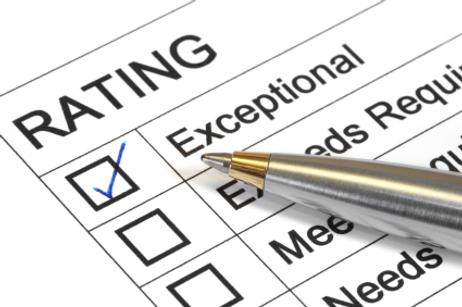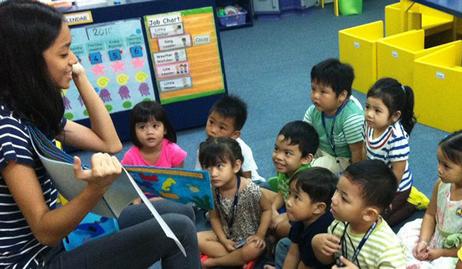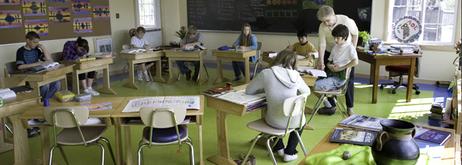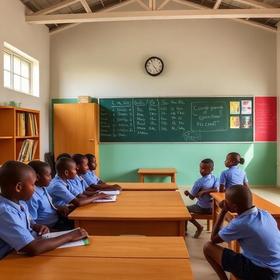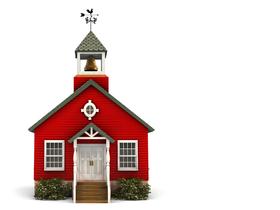Are you thinking about something other than the usual public school experience for your toddler or primary school age child? If you are, then the next question you are most likely asking is exactly what kind of alternatives are out there anyway? How expensive are they? Are there schools in my area? How will the foundation these schools provide serve my child's future learning in grade school, high school and beyond? Let's take a look at each of these questions and offer some answers.
Early Education Options
Traditional teacher-led education? A follow the child approach as championed by Maria Montessori? The Steiner approach? Reggio Emilia inspired? Those are your broad choices.
Traditional teacher-led education remains popular. Most of us are familiar with this approach to teaching primary age school children because we ourselves are products of those classes. The public school system which I attended in Westmount, Montreal back in the '50s used that traditional approach. Indeed we all had desks lined up in rows. Looking back it seems rather quaint and not a little bit militaristic. But that's the way we were taught back then. We had homework. We were given grades. We are rapped on the knuckles if we misbehaved.
In the 21st century traditional teacher-led education is the norm in many schools both public and private. There are an infinite number of variations on this approach. Some retain the regimentation and strictness which we and our parents remember. Most, however, tend to have been softened



